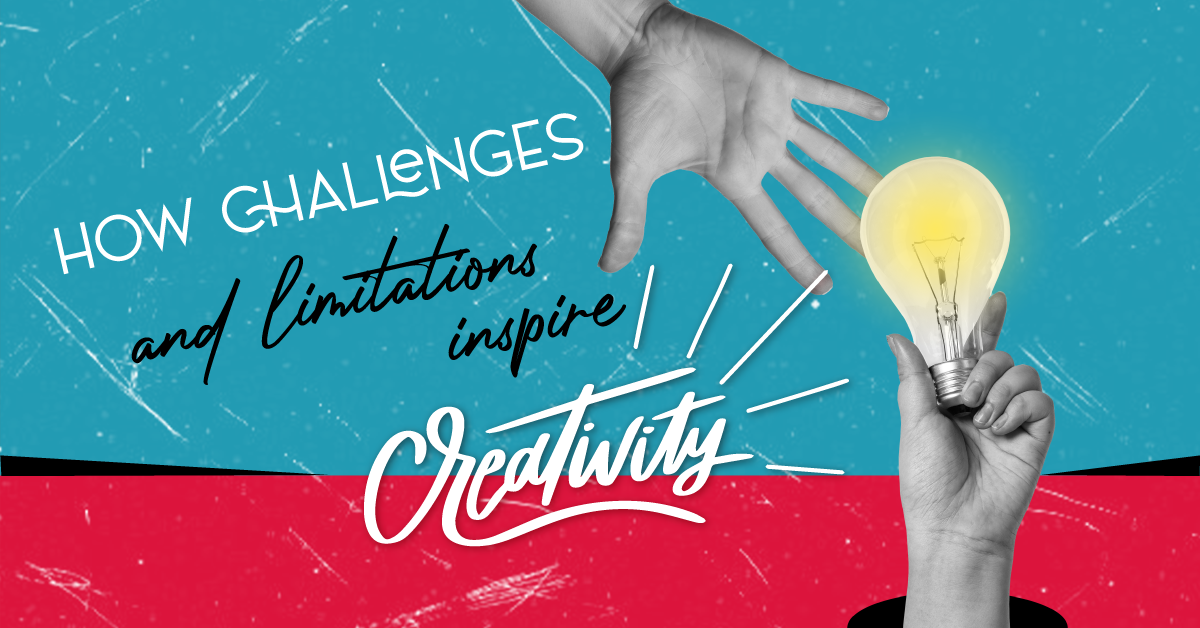Agatha Rex by Lindsay Price is a bold high school take on Antigone - packed with heart, conflict, and a powerhouse ensemble. One girl. One stand. One huge risk. *NEW COMPETITION VERSION AVAILABLE!*
How Challenges and Limitations Inspire Creativity
Creativity often flourishes in the face of challenges. When we lack certain tools, resources, or ideal circumstances, we are forced to think differently, adapt, and innovate. Instead of viewing limitations as roadblocks, they can become catalysts for discovering new solutions.
Elena Sullivan said:
"Creativity can flourish in times of crisis, and the absence of specific instruments or circumstances can become a motivator to create. Shifting attention from 'I don’t have this, that’s why I can’t do that' to 'I want this, and how can I get that?' liberates intrinsic resources that help to be proactive and see opportunities rather than obstacles. Creativity is the result of giving birth to something new, and it’s challenging, but the result is gratifying."
Shifting Your Mindset
Ask your students: How many times have you thought, I can’t do this because I don’t have that? It’s a common response when faced with limitations. But what if, instead, you asked yourself, How can I make this happen anyway? That simple shift in thinking can unlock a world of creative possibilities.
Throughout history, some of the most groundbreaking inventions, artistic works, and solutions have emerged precisely because people didn’t have everything they thought they needed. The absence of resources often pushes individuals to explore unconventional methods and find hidden potential in what is available.
Turning Challenges into Opportunities
Ask students to reflect on a time when they faced a limitation: How did you overcome it? What creative solution did you come up with? Divide students into groups and have them share their responses. How did they turn challenges into creativity?
Remember, creativity isn’t about what you have; it’s about how you think. So, next time you encounter an obstacle, ask yourself: How can I make this work? You may be surprised by what you create.



.png)